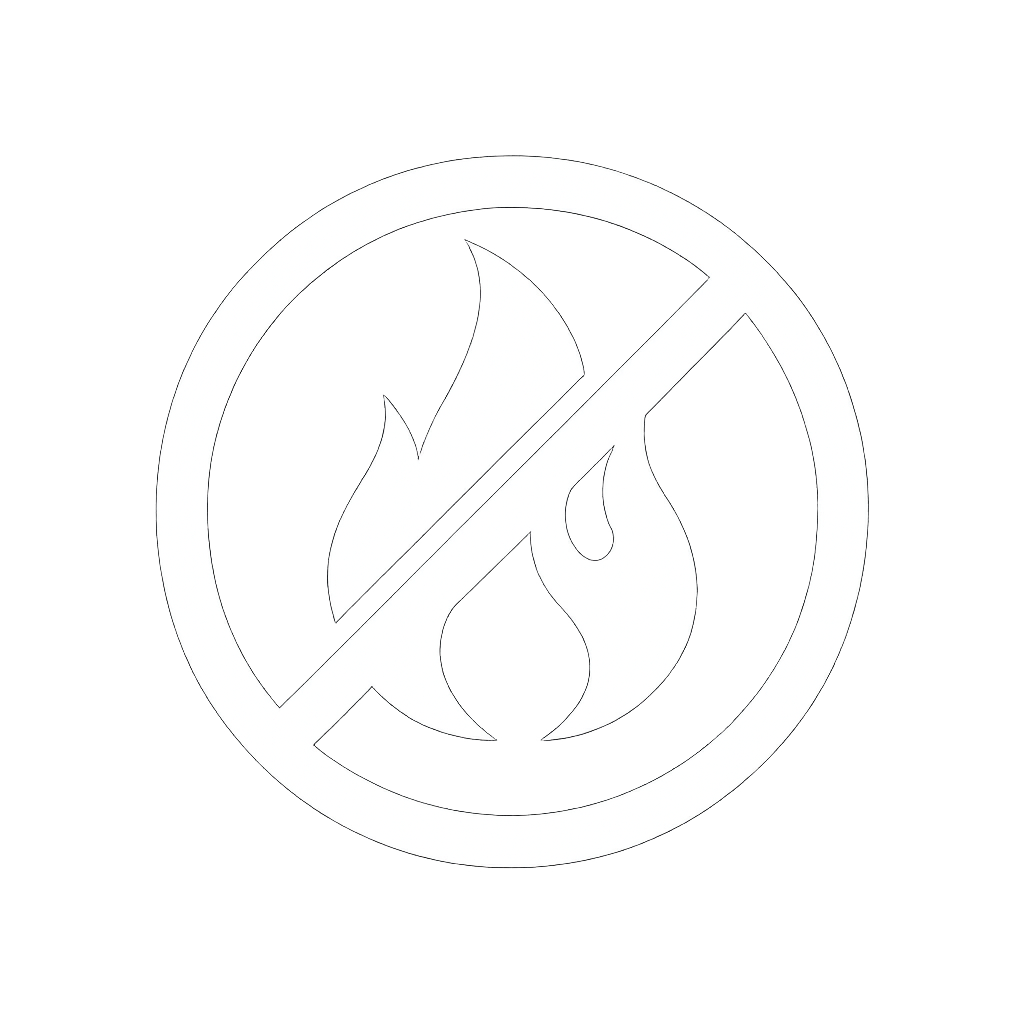Glossary: Church Words That Meant Something Else
When language is used to control, not clarify
High-control religious groups often rely on loaded language — everyday words twisted into tools of control, shame, or fear.
To someone outside, it might sound harmless.
To those of us raised in it, it was a coded system:
A way to indoctrinate, isolate, and silence — all in the name of God.
This glossary breaks down common church words, what they were supposed to mean…
and what they were often used to really mean.
“Covering”
What it sounds like: A spiritual protector or support.
What it meant:
“You need male or pastoral permission to think, act, or exist safely.”
Especially for women, this meant being constantly under someone else’s “authority” — father, husband, pastor. Disagreeing with your covering? Spiritually dangerous. Leaving your covering? Rebellious.
“Submission”
What it sounds like: Mutual humility or cooperation.
What it meant:
“Shut up and obey.”
Often demanded of women and laity, never truly required of men or leadership. Used to excuse abuse, silence dissent, and paint obedience as virtue — even when it costs your well-being.
“Authority”
What it sounds like: Someone with responsibility.
What it meant:
“You’re not allowed to question me.”
Pastors, husbands, and leaders often claimed “God-given authority” — which became a shield against accountability. This wasn’t leadership; it was hierarchy, insulated by fear.
“Worldly”
What it sounds like: Connected to secular things.
What it meant:
“Anything we don’t approve of.”
Wearing jeans? Worldly. Listening to non-Christian music? Worldly. Going to therapy, asking hard questions, or existing outside church culture? Worldly. A catch-all term used to shame, exclude, and control.
“Rebellious”
What it sounds like: Defiant or unruly.
What it meant:
“You said no.”
A woman who asserts a boundary? Rebellious. A teen with questions? Rebellious. A member who leaves? Deep in rebellion. It pathologizes autonomy and treats healthy resistance as sin.
“Bitter”
What it sounds like: Unforgiving or angry.
What it meant:
“You’re talking about your trauma, and we don’t like it.”
“Bitter” is how the church dismisses ex-members who speak out. It reframes survivors as villains and turns trauma into a character flaw. It’s gaslighting in a church dress.
“Modesty”
What it sounds like: Dressing with dignity.
What it meant:
“Hide your body so men don’t sin.”
This wasn’t about self-respect — it was about body shame, misogyny, and control. Mostly aimed at girls, taught through fear, and enforced by community policing.
“Backsliding”
What it sounds like: Losing faith.
What it meant:
“You left our group.”
Backsliding wasn’t about losing a connection with spirituality — it was about disobeying them. Choosing another path? Backslider. Thinking differently? Backslider. It framed personal growth as moral failure.
“Servant’s Heart”
What it sounds like: Humble and helpful.
What it meant:
“We expect you to do unpaid labor without complaint.”
Used to praise people (usually women) who sacrificed rest, boundaries, and even health for the church. Refusing? Not having a “servant’s heart.”
“Anointed”
What it sounds like: Spiritually gifted.
What it meant:
“Above criticism.”
Usually used to elevate pastors and preachers. Once someone was “anointed,” questioning them was treated like questioning God. It insulated them from accountability — often while they harmed others.
“Carnal”
What it sounds like: Fleshly or sinful.
What it meant:
“You’re thinking for yourself.”
Using logic? Reading outside material? Seeking mental health support? That’s the flesh talking. This word demonized intellect, curiosity, and critical thinking.
“Gossip”
What it sounds like: Petty or harmful talk.
What it meant:
“You talked about something we wanted to keep hidden.”
Even sharing abuse stories or concerns was labeled gossip. It kept victims silent and enabled a culture of secrecy.
“Agenda”
What it sounds like: A plan or motive.
What it meant:
“You’re different and we’re scared.”
“Gay agenda,” “feminist agenda,” “liberal agenda” — code for anyone who challenges patriarchy or heteronormativity. Used to villainize marginalized people.
“Out of Order”
What it sounds like: Disorganized.
What it meant:
“You’re not submitting to the chain of command.”
Often used to shame women who spoke up, members who questioned leaders, or anyone who deviated from the group’s rigid structure.
Why This Matters
Words are powerful.
In high-control religion, they were used to manipulate us into silence and shame.
Reclaiming our language is part of healing.
It’s part of learning to trust ourselves again.
So if you’re still triggered by words like “covering,” “obedience,” or “backslider” —
you’re not crazy.
You were conditioned.
And you’re allowed to untangle every meaning they forced on you.
Want to add to the glossary? Submit your suggestions in the group or use the contact form on our website. Your voice matters — and we’re building this language back, together. 🖤
